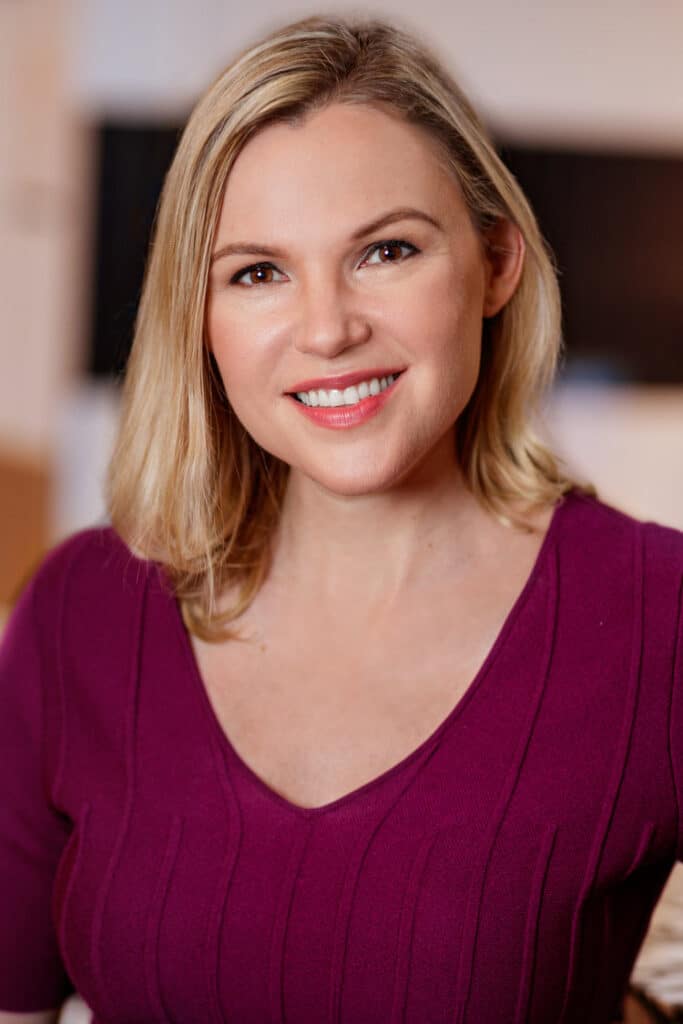There has been an overall decline in the cost of trading, including the bid-ask spreads, Kirsten Wegner, Modern Markets Initiative (MMI) CEO, said.
“What we’ve seen over the past three decades is a widespread adoption of high frequency trading technology and automated trading technology,” she told Traders Magazine.
Because of modern markets technology, retail investors can retire 2 1/2 years sooner, by saving 50% in trading costs, according to a report issued by MMI on June 8.
This is all based on an extensive analysis of bid-ask spreads in public pension plans, IRA’s, 401(k)s and ETFs.
This is the latest initiative for MMI, which helps investors save money and better invest for the future.
MMI is an education and advocacy organization devoted to the role of technological innovation in creating the world’s best markets.
It was founded in 2013 by quantitative trading firms GTS, Hudson River Trading, Quantlab Financial and Tower Research Capital.
Under Wegner’s leadership, MMI has played an active role in helping shape public policy and perceptions around market issues.
She is a vocal advocate for the efficiency and cost savings of automated trading, particularly as it relates to retail investors and those saving for retirement or other life milestones through public pension plans, 401(K) plans, 529 college savings accounts and ABLE savings plan for individuals with disabilities.
In her role at MMI, Wegner has appeared before the U.S. House Committee on Financial Services Task Force on Artificial Intelligence, the American Bar Association Derivatives & Futures Law Committee, the National Conference on Public Employees Retirement Systems, the Princeton University Quant & Fintech Conference, New York University’s College & Career Lab, and other prestigious venues.
For Wegner, the latest report helps to create a vehicle to synthesize a lot of the data about bid-ask spreads she collected over the past four years at MMI.

“I thought it would finally be productive to do a deeper dive and actually write a report on this topic that I focused on over the years, and hopefully bring to the public some more information on how the trading technology works, and how over the past three decades, we’ve seen this tremendous gravitation towards electronic trading,” she explained.
The electronification initiatives since the 1990s include automated trading technology, improved exchange technology, decimalization, Reg NMS (protecting linked markets), among other technological and regulatory developments.
Wegner thinks there have been a lot of questions about the markets, so it’s very important that investors feel confident in the market right now.
“We have over 50% of Americans invested in the market, whether it’s through a 529 plan a 401(K) or indirectly through a pension fund. And I think it’s really important to instill investor confidence, so that number of participants can grow beyond 50%,” she said.
She added that pension funds play a very important role in the capital markets, that’s “often overlooked”.
“They are investing billions of dollars a year in the capital markets, I think pension funds are just investing in American innovation. I think one of the big steps forward for pension funds would be to encourage more IPOs. I think that pension funds can play a more valuable or more high value role in the innovation cycle if we encourage more companies to IPO earlier.”
Wegner believes that the technology market is going to grow very rapidly. She said MMI has data that shows and more and more types of businesses are adopting high frequency trading (HFT) technology.
“I expect broader adoption of HFT technology. I also expect HFT technology to expand to other jurisdictions. I also think as we look at new asset classes, like should the US approve a crypto ETF? That’s an area where one would expect there to be a high demand for liquidity provision.”
She also thinks there’s a lot of competition in the regtech area at the moment and that many companies are trying to innovate regtech solutions to offer ways to build algorithms or use AI (artificial intelligence).
“There have been trends of private companies working together with FINRA and other SROs to use AI systems to detect bad actors and report them to FINRA, which I think is a really exciting development,” she said.




